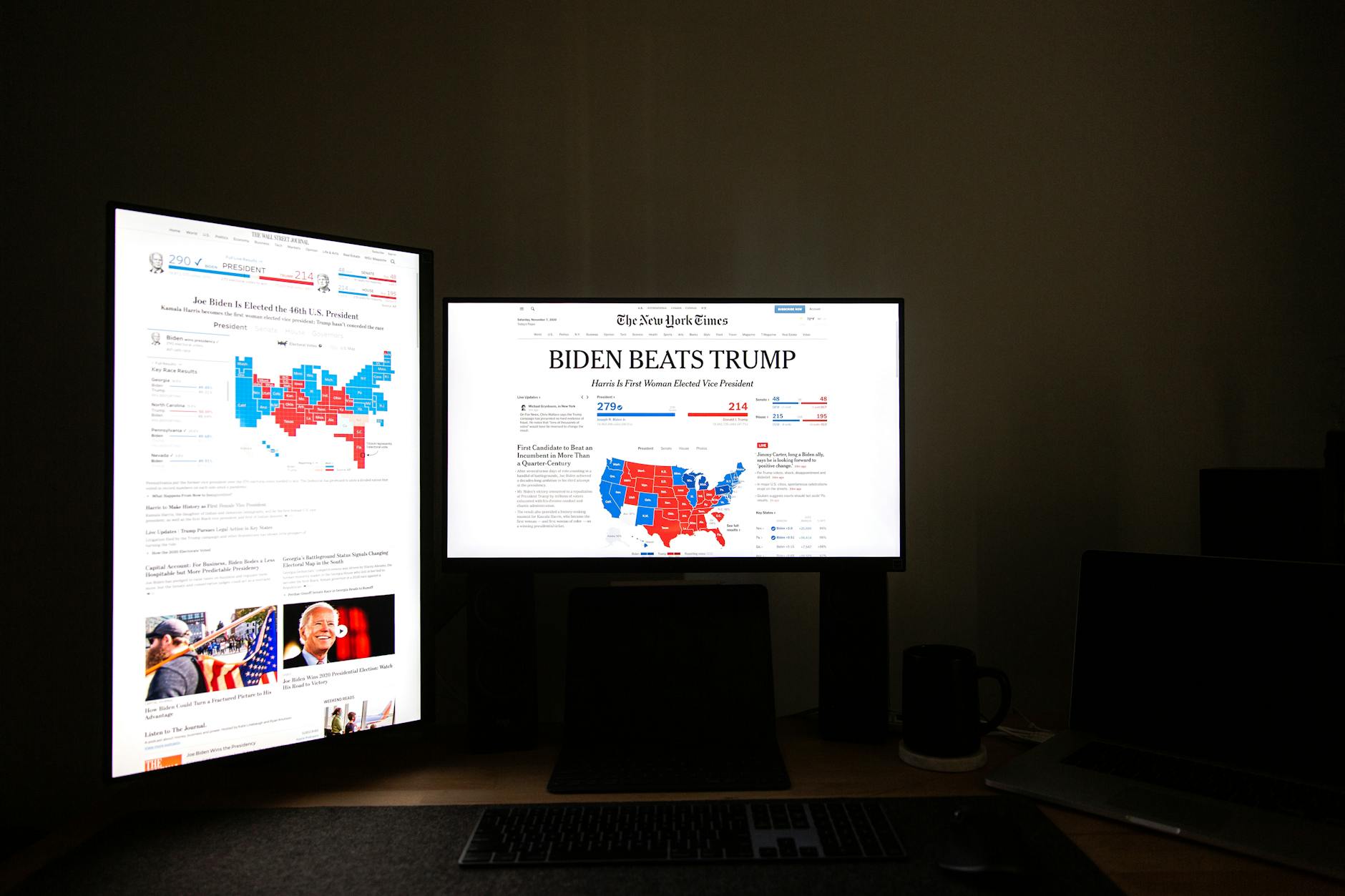A Victory That Tastes Like Defeat: How Voters Humbled Narendra Modi

He had built an aura of invincibility. For a decade, Narendra Modi has been more than a prime minister; he has been the undisputed king of Indian politics, a leader whose personality cult and Hindu nationalist agenda seemed to have an unbreakable hold on the nation. His party, the BJP, entered this election with a swagger, confidently predicting a supermajority of over 400 seats.
The Indian voter, it turns out, had other plans.
The result of the world's biggest democratic exercise was a political earthquake that no one saw coming. Yes, Modi will serve a historic third term. But this is a victory that feels, unmistakably, like a defeat. His BJP lost its outright parliamentary majority, a stunning setback that forces him, for the first time, into the messy world of coalition politics. The king has been humbled.
How did this happen? How did a leader who seemed to walk on water suddenly find himself on shaky ground? The answer is simple, and it’s a lesson that powerful leaders often forget: you can’t eat religious pride.
The BJP's campaign was a monument to its Hindu nationalist project. Its centerpiece was the January inauguration of a massive Hindu temple in Ayodhya, built on the ruins of a historic mosque. This was supposed to be the event that guaranteed a landslide, the final consecration of Modi's vision of a Hindu-first India.
But while the BJP was focused on temples, the opposition was talking about the price of onions. Rahul Gandhi's revitalized Congress party and its allies ran a disciplined campaign focused on the kitchen-table issues that were really hurting people: staggering youth unemployment, soaring inflation, and deep economic distress in the countryside.
And the message landed. In a result of immense symbolic power, the BJP even lost the parliamentary seat that includes the holy city of Ayodhya. The voters sent a clear message: a grand temple is no substitute for a decent job.
This changes everything for Modi's third term. The era of his absolute dominance is over. For ten years, his parliamentary majority allowed him to rule with an iron fist, pushing through a controversial agenda that often marginalized the country's 200 million Muslims. Now, he will have to govern with the consent of coalition partners, regional parties who don't necessarily share his hardline ideology. These partners will become kingmakers, and they will demand their price in cabinet posts and policy concessions.
It means that Modi, a leader known for his authoritarian, top-down style, will have to learn the art of compromise. It’s a skill he hasn’t needed for a very long time.
More than anything, this election was a stunning testament to the resilience of Indian democracy. Just when it seemed like the country was drifting towards a one-party state, the electorate roared back to life. It proved that in a real democracy, no leader is invincible, and no voter can be taken for granted. Modi may still be on the throne, but he is now a king who knows his power has limits.
